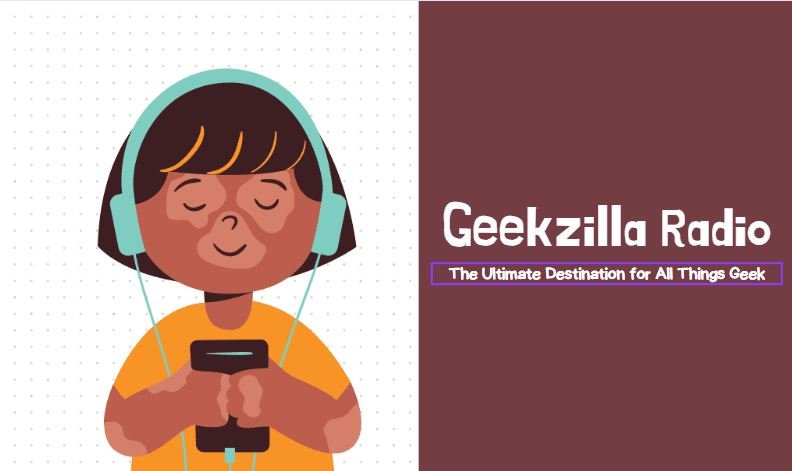In every aspect of life, from personal to professional, decision-making plays a crucial role in shaping outcomes and influencing success. Whether you’re managing a business, navigating a career, or deciding on daily tasks, the ability to make sound decisions is indispensable. Yet, many people face challenges when it comes to making informed choices. These challenges can range from emotional bias to a lack of information, and if left unaddressed, they can severely hinder progress. Understanding why it’s important to tackle decision-making difficulties head-on is essential for anyone seeking to optimize their judgment and achieve better results.
Learn and Improve Your Judgment
Effective decision-making is a skill that can be developed over time. Just as a musician refines their technique, individuals can improve their judgment by learning from past experiences and seeking out new strategies. One of the most effective ways to enhance judgment is by gathering diverse perspectives. When faced with a decision, it’s important to consider how others might approach the same challenge. You can also practice exercises that help hone your decision-making skills, such as spin the wheel activities, which encourage you to make quick, low-stakes choices and analyze the outcomes. This active practice builds confidence and sharpens the mind, making it easier to tackle larger, more significant decisions.
The Impact of Emotional Bias
Emotions often cloud judgment, making it difficult to assess situations objectively. When you’re feeling stressed, angry, or overly excited, the brain tends to prioritize these emotions over rational thinking. This can lead to impulsive decisions that aren’t well thought out. For instance, if you’re emotionally attached to a particular outcome, you might overlook the risks involved. Recognizing when emotions are influencing your decision-making is a crucial step in addressing this challenge. By learning to pause and reflect before making a choice, you can ensure that your decisions are more rational and grounded in logic.
Overcoming Information Overload
In the digital age, access to vast amounts of information can be both a blessing and a curse. On one hand, you have all the data you need at your fingertips, but on the other, the sheer volume of information can be overwhelming. This overload can lead to analysis paralysis, where you struggle to decide because you’re trying to process too much data at once. To overcome this, it’s important to filter out the noise and focus on the most relevant information. Break down complex decisions into smaller, manageable parts and seek clarity on the key points that truly matter.
The Role of Intuition in Decision-Making
While logic and reasoning are essential in decision-making, intuition plays a significant role as well. Intuition is your subconscious mind drawing from your past experiences and knowledge, helping you make decisions quickly and effectively. However, intuition isn’t foolproof, and relying on it too heavily can sometimes lead to poor choices. Striking a balance between trusting your gut feelings and using logical analysis is key. Strengthening your intuition comes with experience and practice. Over time, you’ll learn to recognize when it’s appropriate to rely on intuition and when it’s better to delve deeper into the facts and figures.
The Influence of External Factors
Our decisions are often influenced by external pressures, such as social expectations, peer opinions, or even cultural norms. These factors can subtly sway us into making decisions that we may not fully agree with, just to conform or fit in. It’s crucial to be aware of these external influences and ensure they don’t overpower your own judgment. When faced with a significant decision, take a step back and ask yourself whether your choice is truly in alignment with your values or if it’s being shaped by external forces. Developing self-awareness and understanding your core beliefs will help you make decisions that are authentic to yourself.
Strategies for Reducing Decision Fatigue
Decision fatigue occurs when you’ve been required to make too many choices in a short period, leading to a decline in the quality of your decisions. This is especially common for leaders and entrepreneurs who are often faced with a constant stream of decisions. To combat decision fatigue, it’s essential to simplify your choices whenever possible. For example, create a routine or automate minor decisions so that you can conserve your mental energy for more important tasks. Setting aside time to focus on your most crucial decisions, rather than letting them pile up, can also help alleviate the pressure and improve the quality of your choices.
Effective decision-making is not about making the perfect choice every time, but about learning to make the best possible decisions given the circumstances. By addressing the challenges that hinder decision-making, such as emotional bias, information overload, and external pressures, individuals can improve their judgment and make better choices. Whether you are a leader, a student, or anyone striving for personal growth, enhancing your decision-making skills will help you navigate life’s complexities with greater confidence and success. The key is to approach each decision with a clear mind, an open perspective, and a willingness to learn from experience.

Daniel J. Morgan is the founder of Invidiata Magazine, a premier publication showcasing luxury living, arts, and culture. With a passion for excellence, Daniel has established the magazine as a beacon of sophistication and refinement, captivating discerning audiences worldwide.





